When installing libraries directly in Databricks notebook cells via %pip install, the Python interpreter gets restarted. I have the understanding that in order for the newly installed packages to become visible and accessible to the rest of the notebook cells, the interpreter must be restarted.
My question: How would it be possible to perform this interpreter restart programatically?
I am installing packages using a function call, based on requirements stored on a separate file, but I noticed that newly installed packages are not present, despite the installation seemingly taking place, either on notebook or cluster scope. I figured out that the reason might be the lack of interpreter restart from my installation code.
Is such a behavior possible?
